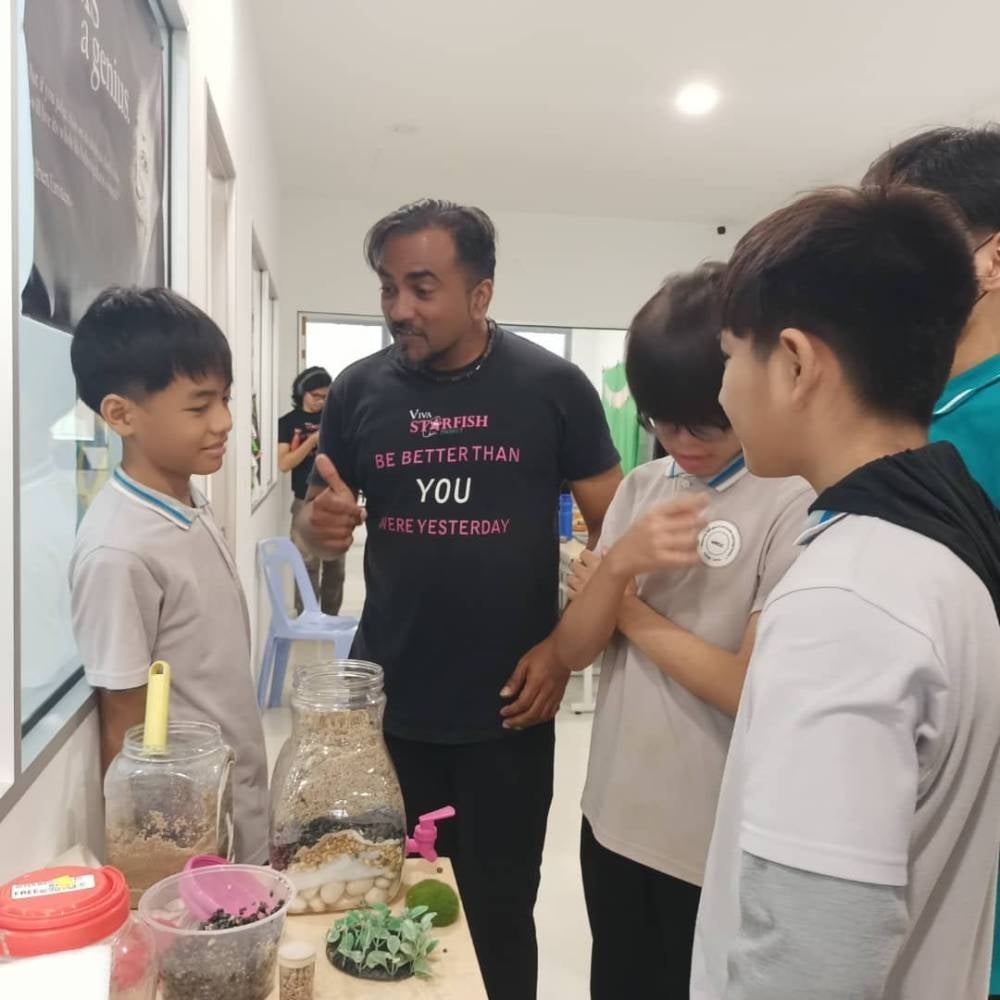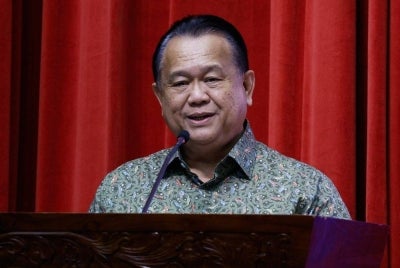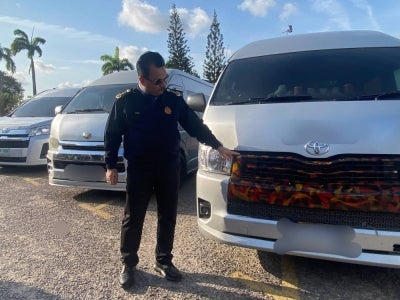Breaking the cycle of illiteracy, gangsterism among poor Indian youths in Malaysia

SHAH ALAM - A non-governmental organisation that deals with drug rehabilitation and educating children from poor families say majority of incarcerated youths share a common challenge - they struggle with basic reading, writing and counting skills.
Starfish Project co-founder Jerryson Doss said many Indian youths did not want to be involved in criminal activities, but research carried out by interviewing those in prison revealed that by the age of 14, teenagers who could not read beyond their own names experienced a significant loss of self-confidence.
"At this point, school does not hold any meaning for them and they start losing their self-confidence. Joining gangs and engaging in underground activities becomes a way for them to mask their lack of confidence," he told Sinar Daily.
Doss further said that some youths end up in prison after being manipulated by gangsters into stealing motorbikes or delivering drugs.
"A few of them are first-time offenders and are behind bars," he added.
Previously, DAP leader Lim Kit Siang at a parliamentary roundtable had said the problem of Indian youth gangsterism has worsened in the past few years, underlined by the fact that the crime rate and the criminal involvement of Indian youths were out of proportion with the Indian percentage in the multi-racial Malaysian population.
Lim had called for a high-powered committee to look into the problem.
Doss said those who managed to escape enforcement often delved deeper into gangsterism and the underground world until they were arrested.
In some cases, Doss pointed out that these youths had been abandoned by their parents due to poverty and had been taken under the wing of gangsters.
"For them, this is the only way of life they know, as they see their surroundings as a natural existence," he said.
Doss's NGO conducted regular meetings with these youths, and those who were released from prisons were enrolled in vocational training programmes to acquire hands-on skills and were placed at jobs in warehouses or security.
He had also initiated free tutoring sessions in public housing for children who struggle with reading and writing.
"These classes are designed for illiterate children from hardcore poor families. Within just a month, they make significant progress in reading, writing and counting, enabling them to confidently continue their secondary education, away from gang affiliations," he said.
Doss, who also operates an international school called Life Scholars, engaged a teaching method focused on problem-solving.
"Our approach is about finding solutions. For instance, if we undertake a project to provide clean water to an Orang Asli community, the students start learning about clouds, water channelling, river systems, water filtration processes, types of fish, water pollution and methods to maintain water quality."
"When they study air quality, we might embark on a project centred on building cleaner engines," citing an example.
Doss emphasised the importance of such projects for children, stating that classroom instruction alone does not equip students to become community leaders.
"Education is not just about obtaining a degree; it's about nurturing individuals to make a difference in their communities. We need to teach them to solve problems, not just learn about problems and test them in exams."
Download Sinar Daily application.Click Here!















